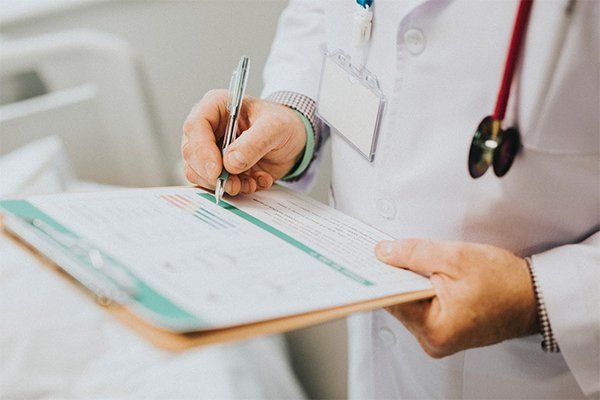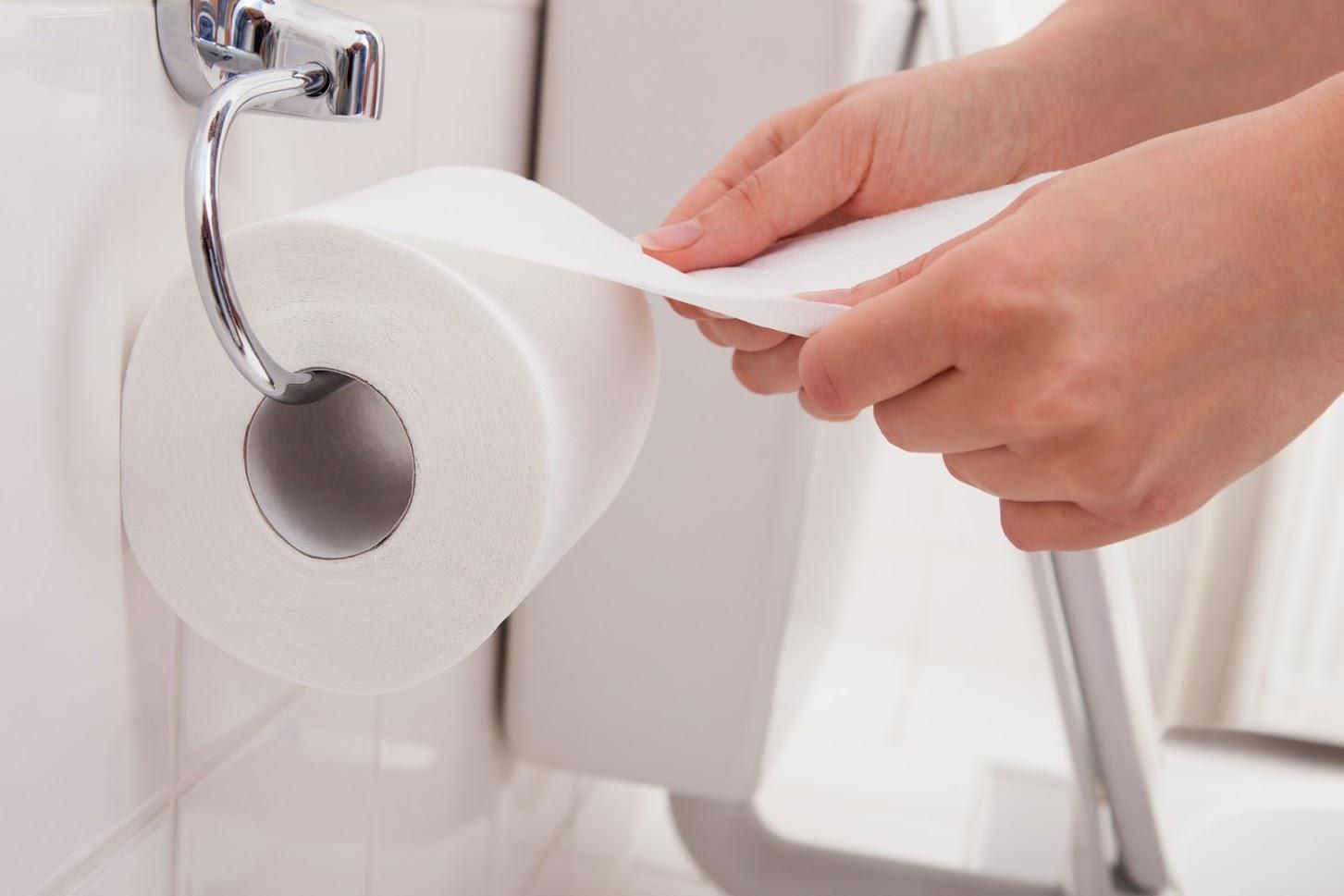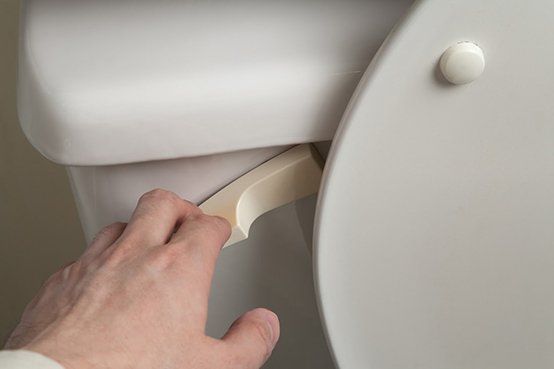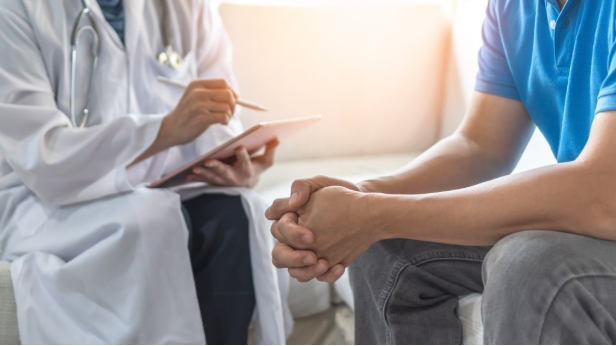Endoscopies: An FAQ
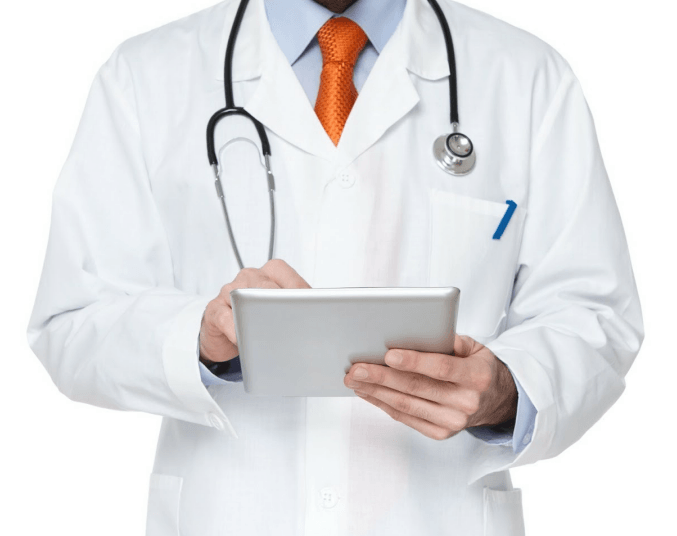
Do you need an endoscopy? Whether your PCP or a specialist recommends this common diagnostic test, take a look at what you need to know about endoscopies.
What Is an Endoscopy?
An endoscopy is a medical procedure that gastroenterologists and other medical specialists use to visualize internal body structures. Instead of an outward or exterior imagining test (such as an X-ray or MRI), an endoscopy is an internal procedure. The doctor will thread a flexible tube into your body. A camera at the end of the tube provides real-time video of your body's internal organs.
Are All Endoscopy Procedures the Same?
No. If you have GI issues, an upper gastrointestinal endoscopy is what you usually get. This is also known as an esophagogastroduodenoscopy. Doctors use the upper endoscopy to visualize the esophagus and upper intestinal tract. The gastroenterologist inserts the flexible tube through the patient's mouth and into the upper part of the GI system.
Other -oscopy procedures a gastroenterologist regularly performs include a sigmoidoscopy (the rectum and sigmoid or lower colon), enteroscopy (the small intestine), and colonoscopy (the colon). Flexible tube and camera -oscopy tests also go in non-GI areas, such as the lungs, bladder, larynx, and pelvic region.
Why Do You Need an Upper Endoscopy?
Did your doctor order an upper endoscopy? Before your procedure date, make sure you understand why this type of test is medically necessary, what it can tell the doctor, and what the results mean.
An upper endoscopy can help the doctor to investigate the cause of GI symptoms in a way a physical exam or other types of tests can't. Common symptoms that could require an endoscopy to explore include excessive or persistent nausea, vomiting, diarrhea, GI bleeding, problems swallowing, or abdominal pain.
The ability to visualize the esophagus and upper intestinal tract from the inside gives the gastroenterologist the best view of the area possible. The GI specialist can also collect tissue samples or remove a foreign object or polyp.
Does an Endoscopy Hurt?
Even though the tube will go into your body, this diagnostic procedure isn't painful for most patients. The doctor may offer sedation to make the endoscopy easier and reduce procedure-related anxiety or discomfort. Unlike some surgical procedures, you don't need general anesthesia for an endoscopy. Instead, you'll likely have a form of conscious sedation.
This allows you to sleep or rest during the procedure. But you can still wake easily and, if needed, respond to the doctor's directions. The doctor may also use a local anesthetic spray to numb your throat before inserting the tube.
How Quickly Will You Recover from an Upper Endoscopy?
You shouldn't have lasting effects from the endoscopy procedure itself. Again, this internal procedure isn't the same as a surgery. This means you won't need a significant amount of time to heal. But you will need time for the anesthesia to wear off.
If you received sedation for your endoscopy, you will need a responsible adult to drive you home and stay with you. Most patients need to stay in the surgical center, hospital, or other outpatient medical setting until the sedation begins to wear off.
Even though your medical provider will want you to wait for the sedation to wear off before leaving, this doesn't mean you can go back to your normal activities immediately. You will likely feel drowsy for the remainder of the day. The doctor will provide you with instructions that include what you can and can't do after anesthesia.
Are you ready to schedule your first upper endoscopy procedure? Contact Kentuckiana Gastroenterology & Paramount Surgery Center for more information about this diagnostic procedure.


